Selling Tutorial
Is it time to sell?
Selling your business is a major decision!
For Business Sellers

For Business Sellers
- Three years’ profit and loss statements.
- Federal Income Tax returns for the business.
- List of fixtures and equipment.
- The lease and lease-related documents.
- A list of the loans against the business (amounts and payment schedule).
- Copies of any equipment leases.
- A copy of the franchise agreement, if applicable.
- An approximate amount of the inventory on hand, if applicable.
- The names of any outside advisors.
Make sure the financial statements of the business are current and as accurate as you can get them.
Insider Tips
The big question is not really how much your business will sell for, but how much of it can you keep? The Federal Tax Laws determine how much money you will actually be able to put in the bank. How your business is legally formed can be important in determining your tax status when selling your business. For example: Is your business a corporation, partnership or proprietorship? If you are incorporated, is the business a C corporation or a sub-chapter S corporation? There are also tax rules that impact certain businesses on seller financing. The point of all of this is that before you consider price or even selling your business, it is important that you discuss the tax implications of a sale of your business with a tax advisor. You don’t want to be in the middle of a transaction with a solid buyer and discover that the tax implications of the sale are going to net you much less than you had figured.
If you have any questions that we have not covered please don’t hesitate to contact us.
Who are the Buyers?
Buyers buy businesses for many of the same reasons that sellers sell businesses
It is important that the buyer is as serious as the seller when it comes time to purchase a business. If the buyer is not serious, the sale will never close. Buyers who want to go into business strictly for the money usually are not realistic buyers for small businesses.
A Buyer Profile
Money is important, but it’s not at the top of the list; in fact, it probably is in fourth or fifth place in the overall list. In order to pursue the dream of owning one’s own business, the buyer must be able to make that “leap of faith” necessary to take the risk of purchasing and operating a business.
Here are just a few of the reasons that buyers buy businesses
- Laid-off, fired, being transferred (or about to be any of these).
- Early retirement (forced or not).
- Job dissatisfaction.
- Desire for more control over their lives.
- Desire to do his or her own thing.
Keep in mind the following traits of a willing buyer
- The desire to buy a business.
- The need and urgency to buy a business.
- The financial resources.
- The ability to make his or her own decisions.
- Reasonable expectations of what business ownership can do for him or her.
Still Have Questions?
After selling hundreds of businesses, we at we understand how complicated and sensitive the process of selling a business is. Share your questions with us, and we will get back to you with answers, resources, and guidance as soon as possible:
Copyright © 2024 All rights reserved.

